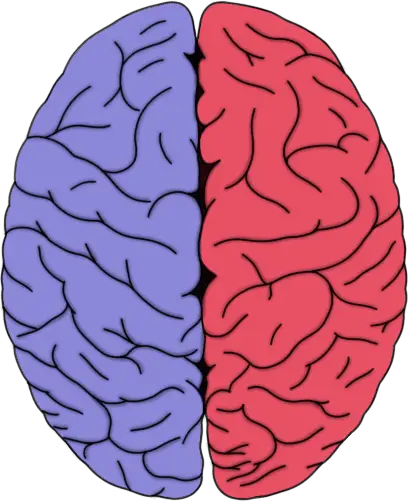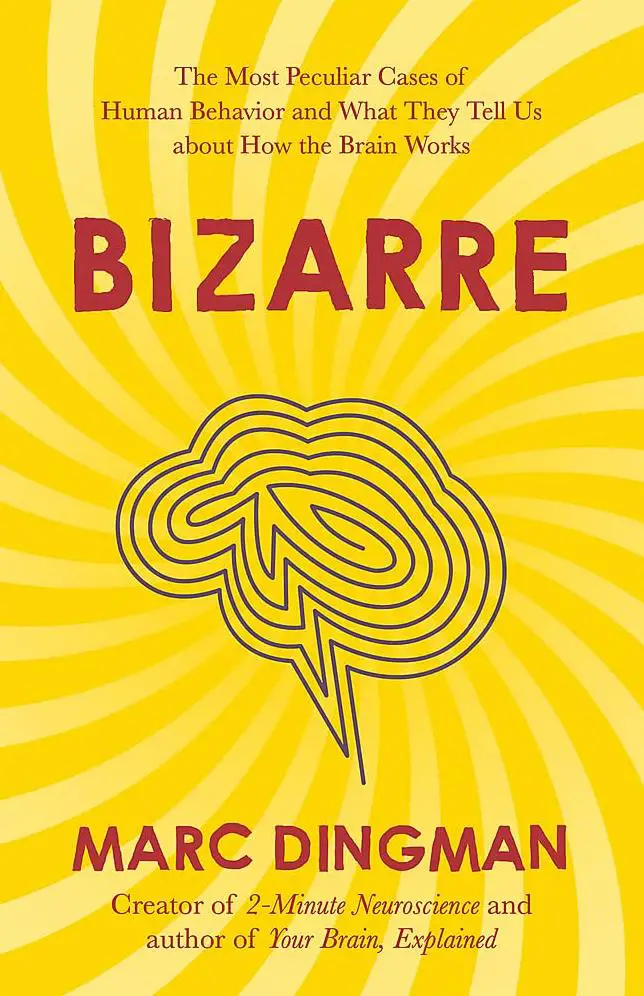Can psychopathy be treated?
Some psychological conditions receive a disproportionate amount of attention in popular media relative to how frequently they actually occur in the population. One of those is psychopathy, a personality disorder that is characterized by antisocial behavior, impulsivity, and a lack of empathy. Psychopaths may be charming on the surface but tend towards pathological deception and indifferent manipulation of other people. And they are more likely to have behavioral problems or be involved in criminal behavior.
This description portrays the psychopath as a societal parasite, leaving little role in a community for such an individual other than as part of the criminal justice system. This turns out to be the reality for many psychopaths, who are estimated to make up only 1% of the general population but between 15-25% of the incarcerated population. But, as our criminal justice system is supposed to be designed to rehabilitate criminals, there is an important question regarding psychopaths that has yet to be answered: can psychopathy be treated? There is not a clear-cut answer to this question, and you might find a differing of opinion even among experts.
Neuroscience of psychopathy
One argument sometimes used in support of the idea that psychopaths are not truly capable of being treated is that studies have found brain abnormalities in psychopaths that might be associated with their deviant behavior. This argument becomes less valid, however, when we consider that there are neurobiological aberrations that can be detected in the brains of sufferers of any disorder. Just because there are predisposing neurobiological aspects of a disorder does not mean the disorder is untreatable; if this were the case, the list of psychological disorders we could treat would arguably be empty.
Studies with psychopaths have identified a number of neurobiological features that might be linked to the disorder. For example, abnormalities in limbic system function have been observed in psychopaths. The anterior cingulate cortex, part of a network that is activated when we observe other people experiencing pain, is one limbic area that has been implicated. In psychopaths, activation of the anterior cingulate when seeing others in pain is muffled. This has been interpreted as being partly responsible for the psychopath's reduced capacity for empathy. Other limbic structures hypothesized to play a role in psychopathy include the amygdala, hippocampus, and striatum.
There are also structural abnormalities in the brains of psychopaths. For example, studies have found psychopaths to have a larger corpus callosum, asymmetrical hippocampi, and deformed amygdalae. The significance of these structural differences, however, is not yet very clear.
Effectiveness of rehabilitation in psychopaths
As indicated, however, just because behavior is based in neurobiology doesn't mean it is immutable. If that were the case, we might as well give up on trying to change anything about ourselves. A more important question is if the research suggests that psychopathic behavior becomes less so with rehabilitation.
Unfortunately, there is not a straightforward answer to that question. Some do report that treatment may be beneficial. For example, studies by Caldwell et al. (2006) and Skeem et al. (2002) both found improvements in psychopaths with treatment (measured by likelihood of recidivism). However, other studies have obtained less optimistic results, ranging from little improvement in psychopathy with treatment to treatment seeming to exacerbate psychopathic behavior. All of the studies on psychopathy treatment have limitations, however, and there is not a well-controlled experiment that we can point to and feel confident that it tells us if psychopathy is treatable.
Influence on sentencing
One of the reasons it is important to know if psychopaths can be rehabilitated is that this information would likely have a significant influence on sentencing, parole hearings, etc. A study published a few years ago found that simply giving a judge information about the biology of psychopathy could lead to a reduction in the sentencing of a diagnosed psychopath (compared to a judge not receiving that information), even though the information didn't indicate psychopathy was treatable (in fact it implied the opposite). However, with or without information about the associated biology, a diagnosis of psychopathy may still add years to a sentence, as judges are more likely to consider the convict a continued danger to society.
With some reliable data about treatment to point to, we might be able to either provide evidential support for those extended sentences or justification for reducing them if proper treatment were provided (depending on what the data indicated). Right now, however, the data we have on rehabilitation of psychopathy is somewhat muddled, with some studies indicating it is possible and other studies suggesting treatment could actually make things worse. Until we have a more definitive answer, we should be hesitant about assuming psychopathy is untreatable; at the same time we should be exploring controlled experiments that allow us to obtain a better understanding of the response of the psychopath to rehabilitation.
Polaschek, D. (2014). Adult Criminals With Psychopathy: Common Beliefs About Treatability and Change Have Little Empirical Support Current Directions in Psychological Science, 23 (4), 296-301 DOI: 10.1177/0963721414535211

